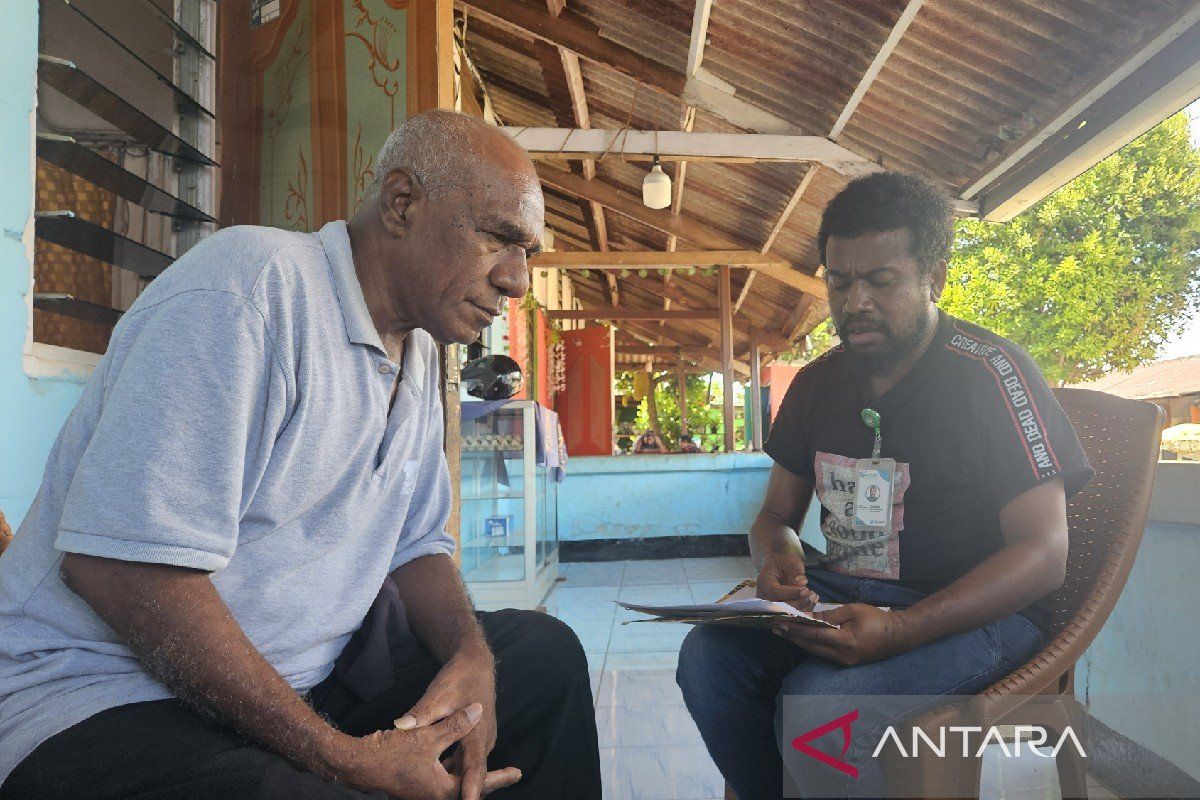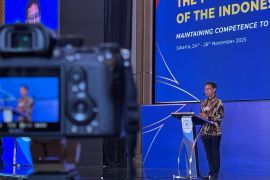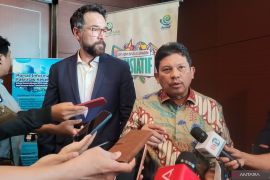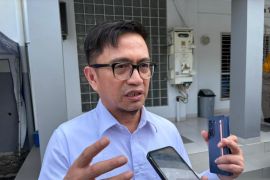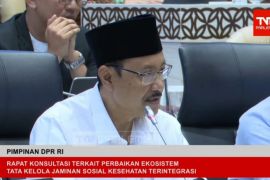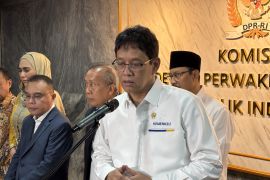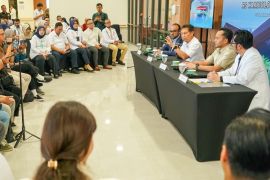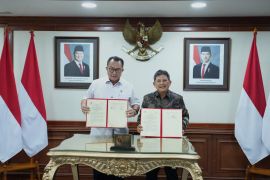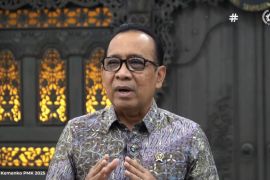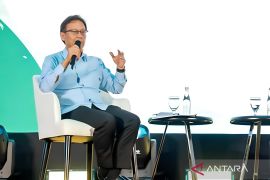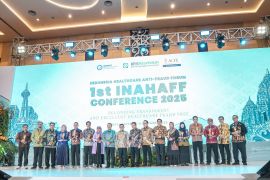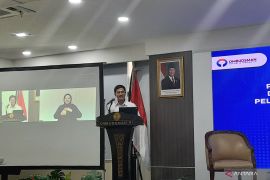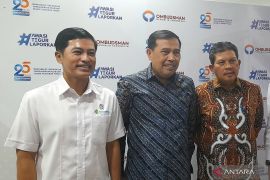..Healthy Papua can only be realized if access to healthcare is equitable. That is why JKN education must not stop in the cities, but must reach villages,Jayapura, Papua (ANTARA) -
Every citizen has the fundamental right to health. The government is therefore committed to ensuring access to adequate healthcare for the people of Papua Province through the National Health Insurance Program (JKN).
The program serves as both a protection instrument and a tangible manifestation of the state’s presence in Papua.
The complex geographical conditions—steep mountains, deep valleys, large rivers, and isolated island groups—pose far greater challenges in accessing healthcare compared to other regions in the country.
Despite these obstacles, JKN participation in Papua continues to show promising results. As of July 7, 2025, a total of 1,442,617 people, or 90.12 percent of Papuans, were active participants.
With this figure, JKN coverage in Papua has reached more than 98 percent of the population. This achievement reflects the strong commitment of both central and regional governments to providing comprehensive healthcare coverage for Papuans.
However, challenges remain. Education and mentoring are essential to ensure that people not only register as participants but also understand the benefits and procedures for using JKN services.
To address limited access and low public awareness, the national health insurer (BPJS Kesehatan) launched the PESIAR Agent program, an acronym for mapping, tracing, advocacy, and registration.
The program is specifically designed to reach people in remote inland and coastal areas.
PESIAR agents serve as a bridge between BPJS Kesehatan and the community. They assist with registration and provide education on the importance of health insurance, how to use JKN cards, and information about available healthcare facilities.
The Head of the Jayapura BPJS Kesehatan, Hernawan Priyastomo, said the program has had a significant impact on communities.
“PESIAR agents help people obtain accurate and up-to-date information, enabling them to make informed decisions regarding healthcare services. This education is crucial, as some people still do not fully understand JKN," he remarked.
Yunus Weya, a PESIAR agent in South Jayapura Sub-district, said he joined not merely for the incentives but out of concern for others, particularly vulnerable and disadvantaged groups.
“Due to a lack of understanding, many people in Jayapura City are still denied medical treatment. That is why I joined the PESIAR program,” he noted.
Since 2024, he has been responsible for Hamadi Village, which has a population of more than 19,000. The village has only one government health center, and residents must travel by motorized vehicle to reach the hospital.
The distance from Hamadi Village to the Twano Community Health Center in Jayapura City is 30.9 kilometers, with a one-way public transportation fare of Rp15,000 (US$0.87).
This condition highlights the vital role of PESIAR agents in helping residents understand healthcare procedures.
His work also comes with challenges. Weya recalled being turned away by residents when he tried to provide outreach after a church service. One congregant even called the JKN program a scam because they still had to pay for treatment.
“I was disappointed because my intentions were good, but they refused. I took it as a challenge. Next time I’ll try again with a different approach," he said.
According to him, many residents of Jayapura City, particularly those in remote areas with limited access to information, still lack understanding of JKN’s benefits.
He hopes outreach can be expanded through village officials, traditional leaders, and religious institutions.
Digital transformation
The Assistant for Economic Affairs and Development at the Papua Regional Secretariat, Setyo Wahyudi, stressed that BPJS Kesehatan plays a strategic role in realizing the broader vision of a Healthy Papua.
He emphasized that JKN services must reach all communities, including indigenous groups and vulnerable populations.
“A Healthy Papua can only be realized if access to healthcare is equitable. That is why JKN education must not stop in the cities, but must reach villages,” Wahyudi pointed out.
Besides geographical challenges, other obstacles include limited health facilities, uneven distribution of medical personnel, and transportation difficulties.
To address this, the government and BPJS Kesehatan continue to promote digital transformation in the health sector. The use of the BPJS Kesehatan mobile app, telemedicine services, and electronic referral systems are part of the strategy to overcome distance and terrain limitations.
“Digitalization is important, but it cannot replace the role of face-to-face education. The public must feel supported and assisted to avoid confusion in accessing services,” he reminded.
The success of the JKN program in Papua is inseparable from cross-sector collaboration involving the central government, local governments, health facilities, and active community participation.
The realization of Universal Health Coverage (UHC) across Papua’s districts and cities highlights the progress achieved through this collective effort.
Still, significant work remains. Public awareness and education must be expanded to ensure people understand that JKN is not merely a card but a health service guarantee.
By combining direct outreach from PESIAR agents with digital technology, the government is confident that all Papuans will enjoy the real benefits of health insurance.
The hope is that every citizen in Papua, without a single exception, will have their health protected, and that the vision of a Healthy Papua can be fully realized.
Related news: JKN coverage reached 95.77 percent of Indonesia's population: Ministry
Related news: International delegates studying health insurance program: Official
Related news: BPJS Kesehatan releases book on mortality, morbidity data
Editor: M Razi Rahman
Copyright © ANTARA 2025
